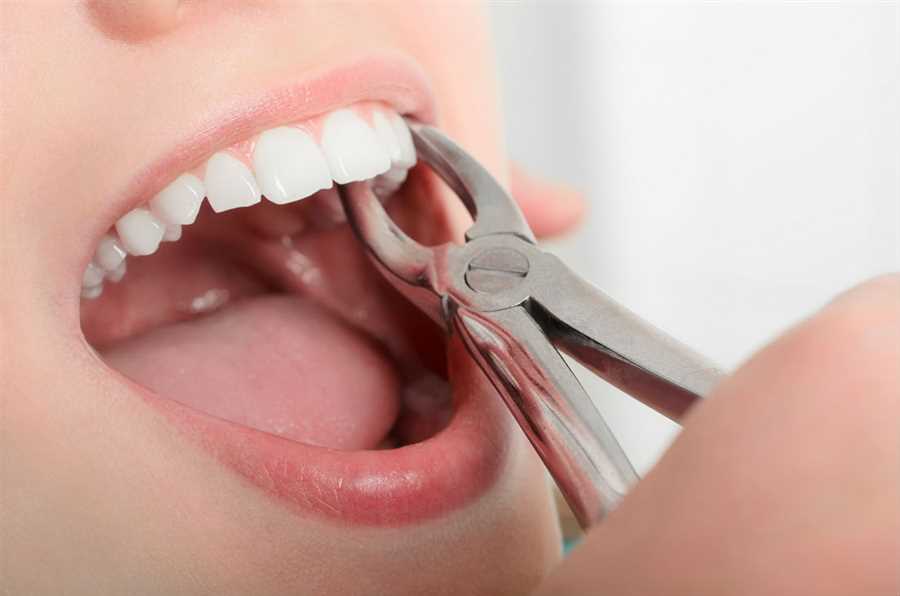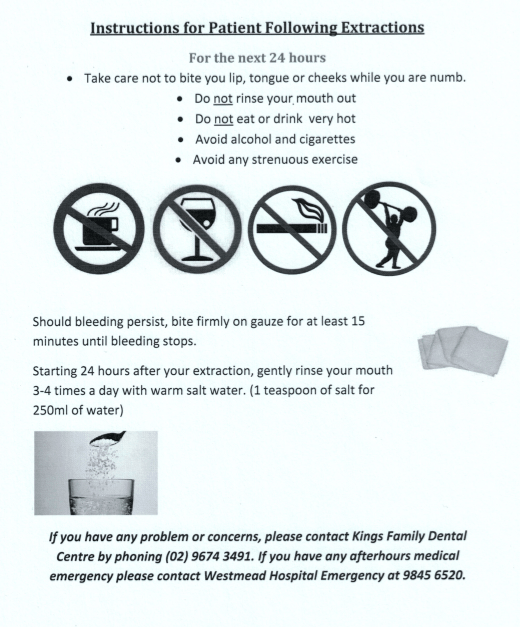

Extractions

A tooth extraction is a procedure to remove a tooth from gums, possibly the jaw bone. The most common reason for an extraction is to remove decayed teeth, fractured or broken teeth or when a tooth cannot erupt fully.
There are two types of extraction we perform at our clinic:
- Simple Extraction: This involves use of elevator and forceps.
- Surgical Extraction: This involves incision, elevation of soft tissue, removal some of the bone and may involve sectioning of the tooth before removal.
X-rays of mouth is taken to evaluate the position of the teeth, shape, and numbers of roots to avoid any future problems.In most cases, the removal of teeth is performed under local anaesthesia. Twilight Sedation is also available in our clinic, which can be discussed with your dentist.
REASONS FOR TOOTH EXTRACTIONS:
- Severe gum disease
- A deep infection in a tooth
- A broken tooth
- In preparation for future treatment (orthodontics, dentures, implant etc)
- Problems with a wisdom tooth
- Teeth which cannot be restored endodontically
- Supernumerary teeth
What to expect after a tooth extraction?
After your tooth has been removed, your dentist will probably need to make sure the gum socket is clean. If you needed a cut in the gum during tooth removal, you might need a stitch to close the cut.
You might have some bleeding and if so, your dentist will usually ask you to bite down on a piece of gauze to stop the bleeding.
Once the anaesthetic wears off, you will probably have some pain. Your dentist might write you a prescription for pain relief medicine or recommend an over-the-counter medicine
Usually, the wound will take 1 or 2 weeks to heal.




